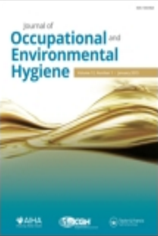 Only a few months after publication, an environmental journal has told an activist group it plans to retract a paper about the safety of roofing products containing asbestos after facing heavy criticism.
Only a few months after publication, an environmental journal has told an activist group it plans to retract a paper about the safety of roofing products containing asbestos after facing heavy criticism.
This summer, Journal of Occupational and Environmental Hygiene (JOEH) received multiple letters asking the to retract the paper. Critics of the paper — which concluded that exposures to asbestos-containing roofing products were within safety limits — argued the article provided misleading information, grouped different materials with different asbestos exposures together, and failed to note the approving editor’s ties to the asbestos industry.
The article was published as a case study, which is considered a type of “column” by the journal, thereby bypassing its peer-review system; according to an email the journal sent to the organization Right on Canada (which a representative forwarded to Retraction Watch), this served as the basis for the journal’s decision to pull the paper.
According to the email, the journal’s editorial board decided on August 10 to retract “Airborne asbestos exposures associated with the installation and removal of roofing products” due to
Continue reading Journal to retract study declaring safety of asbestos roofs: Report

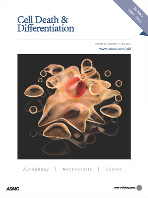

 A researcher charged with embezzlement — and now the
A researcher charged with embezzlement — and now the 
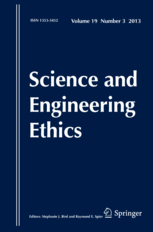 In many fields, first authors on scientific papers represent the person who’s performed the bulk of the research. Sometimes, that determination can be difficult to make, so we’ve seen many papers that list multiple first authors, noting that each contributed equally to the work. But is it possible — or ethical — to claim six authors all deserve top billing on a paper?
In many fields, first authors on scientific papers represent the person who’s performed the bulk of the research. Sometimes, that determination can be difficult to make, so we’ve seen many papers that list multiple first authors, noting that each contributed equally to the work. But is it possible — or ethical — to claim six authors all deserve top billing on a paper?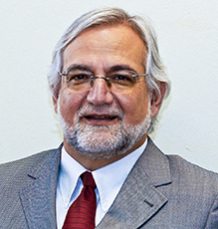

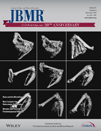 A bone researcher based in Japan
A bone researcher based in Japan